Across the globe, people notice habits that stand out in the U.S. From reciting pledges to giant coffee mugs, some customs feel perfectly normal for Americans but odd elsewhere. These small details highlight the rich character of American culture and reveal customs that can surprise or even puzzle visitors. By looking at these examples of uniquely American things, we see how daily life can feel unique in different parts of the world. Let’s explore what visitors find fascinating and learn what makes these practices interesting and memorable.
Free Public Restrooms
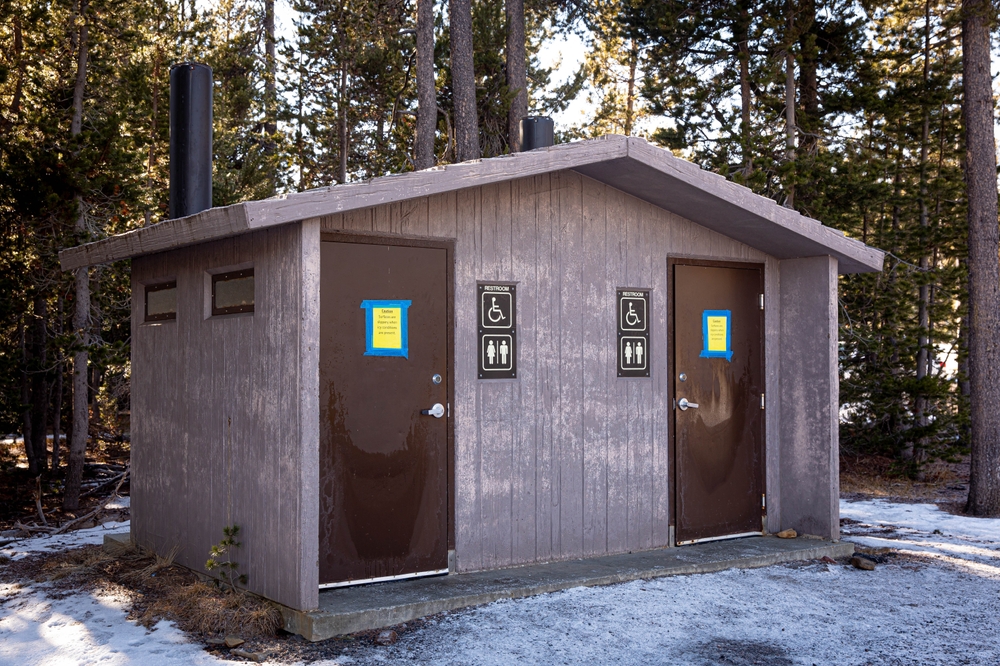
In the U.S., public restrooms are usually free and widely available, a convenience that stands out to many international travelers. In places like Europe or Asia, it’s common to pay a fee to use a public toilet. Americans, though, expect access without rummaging for coins or waiting in line at pay stations. It’s a small but welcome feature that visitors quickly notice. This comfort is one of those everyday differences that make American travel a little easier, especially for families and those on long journeys.
Giant Coffee Mugs

Americans love their coffee, and they want it in generous servings. Giant coffee mugs are common in homes, diners, and even offices. These oversized mugs let you savor your drink, unlike the smaller espresso cups seen elsewhere. Visitors see this as one of those customs that highlight how American culture values comfort and warmth. Wrapping your hands around a large mug on a chilly morning feels comforting and familiar. It’s a small but telling detail that speaks to the love of convenience and cozy rituals.
Read More: Why The ‘American Dream’ is Facing Doubts from Gen Z and Millennials
Not Using The Metric System

Visitors to the U.S. often find themselves puzzled by the use of miles, feet, and pounds instead of metric units. Most countries rely on kilometers and grams, while Americans stick with inches and pounds. This difference can cause confusion, especially when reading road signs or cooking with recipes. Still, it’s a tradition that shows how American quirks often stand out in a global context. For locals, it’s simply a part of daily life, while visitors see it as a unique and stubborn part of the culture.
Moving Out At 18

In the U.S., turning 18 often means it’s time to move out and start fresh. This milestone is seen as a first step toward independence. In many countries, living with parents into your twenties is common and even expected. For Americans, though, leaving home at 18 is a sign of self-reliance and personal growth. It’s one of those practices that can surprise visitors and highlight how American culture celebrates personal freedom and the start of adulthood.
Read More: Shocking Net Worth of 12 U.S. Presidents, Before and After Being in Office
Lack Of Parental Leave

In most countries, new parents expect paid time off to care for a newborn. In the U.S., however, many workers only get unpaid leave or limited paid time off. This difference often surprises visitors, who see how parental leave policies reflect broader cultural values. In many ways, it highlights how hard work is celebrated, sometimes at the expense of family time. It’s a reminder that each country has its own approach to balancing work and home life.
The Pledge Of Allegiance
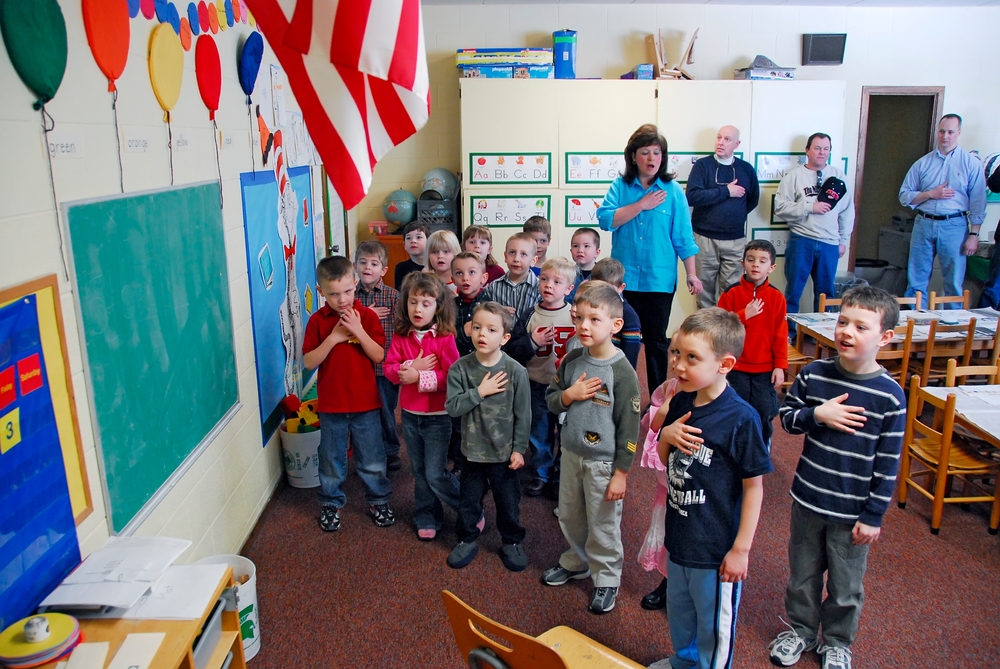
Every morning in American schools, students stand and recite the Pledge of Allegiance. For them, it’s a routine that marks the start of the day. For visitors, though, it can feel very formal and even a bit surprising. This practice is a striking example of national pride woven into daily life. While kids may say the words without much thought, it shows how deeply rooted patriotism can be in the classroom.
Read More: 25+ Tips Foreigners Wish Americans Knew in 2025
Using State Abbreviations
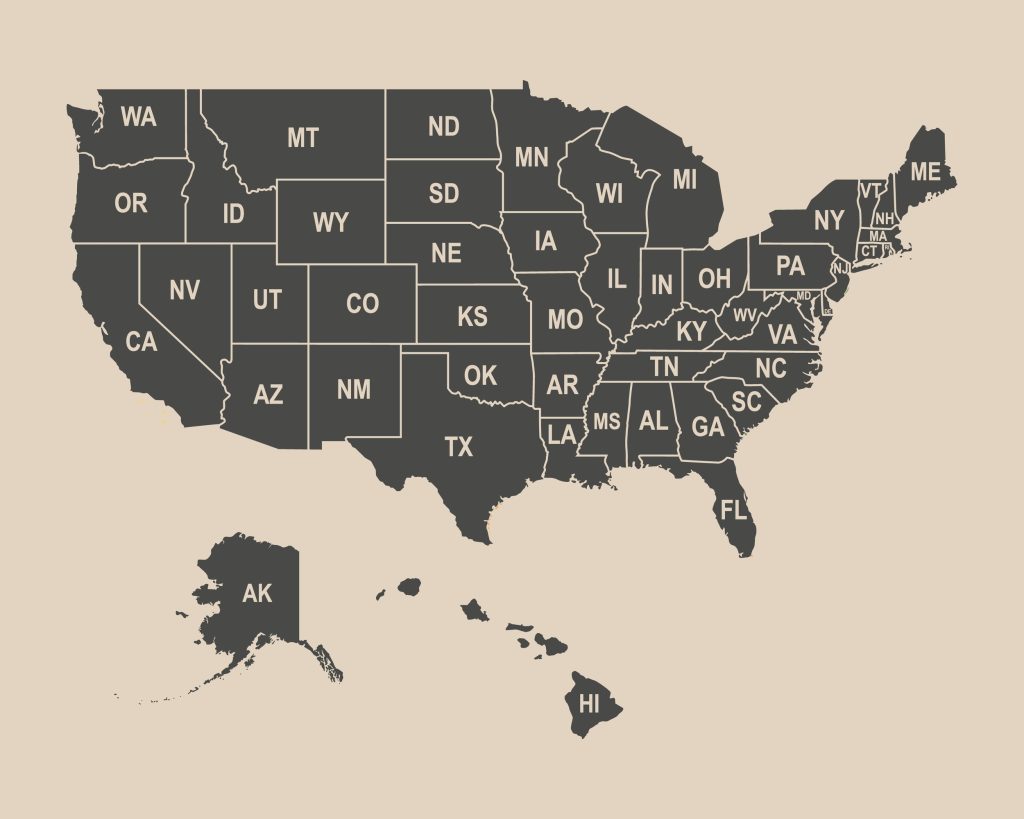
When Americans write addresses, they use two-letter state abbreviations like NY for New York or TX for Texas. This shorthand can be confusing for visitors who aren’t used to it. It’s a small but significant detail in theur addresses and online forms. While other countries might spell out region names fully, Americans keep it brief and efficient. It’s a habit that visitors often notice, and it’s part of what makes life in the U.S. feel distinct.
Misusing Microwaves
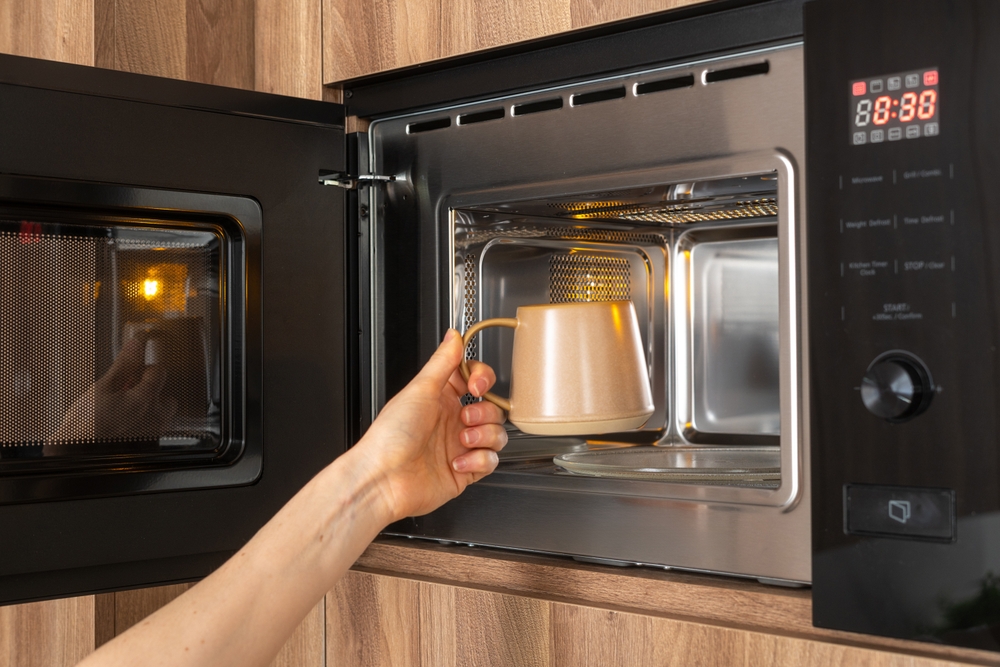
Heating water in a microwave is common in the U.S., even though it can seem risky in other places. In many countries, people worry about the dangers of superheating water in the microwave. In American kitchens, though, the microwave is a go-to tool for reheating leftovers or making a quick cup of tea. It’s a little practice that visitors notice as another example of how convenience shapes daily life in the U.S.
Leaving Out The Rest Of The Americas
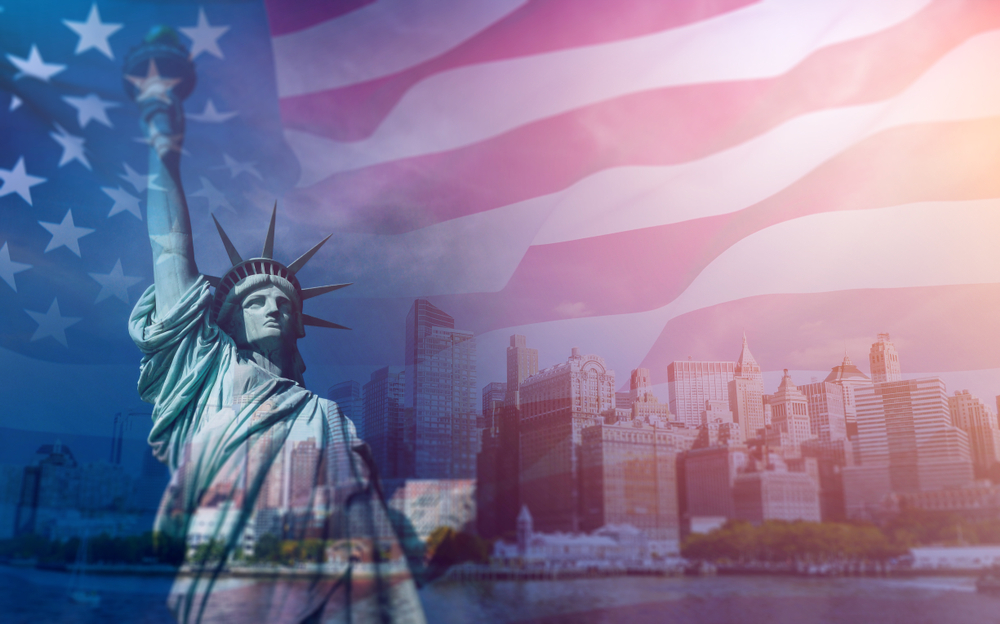
When Americans use the term “America,” they’re usually referring to just the United States. This can be confusing for people from places like Mexico, Canada, or Brazil, who also consider themselves Americans. In the U.S., though, the word has become a shorthand for national identity. This small but telling detail shows how language and geography can shape how people see themselves and each other.
Read More: 7 Big American Brands That Quietly Became Foreign-Owned
Claiming Ancestors From Elsewhere

Many Americans like to say, “I’m part Irish, part Italian, part German,” even if their families have been in the U.S. for generations. This habit stands out to visitors, as it’s not as common elsewhere. It’s one of those uniquely American things that helps people feel connected to their heritage. By sharing these ties, Americans celebrate family history and keep those old stories alive, no matter how far back they go.
Owning A Lot Of Technology

In the U.S., technology is part of daily life in ways that amaze visitors. From smartphones to smart speakers, American homes often feature the latest gadgets. Even in small towns, it’s common to see people juggling screens and using tech for shopping, entertainment, or work. This love of technology is one of those things that visitors notice right away. It highlights a curiosity about the future and a willingness to embrace new ideas.
Final Thoughts

These daily habits and small details give American life a distinctive flavor. They might raise eyebrows abroad, but they also reveal how culture shapes everything from school routines to coffee habits. By noticing these uniquely American things, we understand what makes the country stand out and how its traditions continue to evolve. It’s a reminder that even small customs can tell a big story about where we come from and what we value.
Read More: 9 Surprising Laws Many Americans Break Daily Without Realizing

